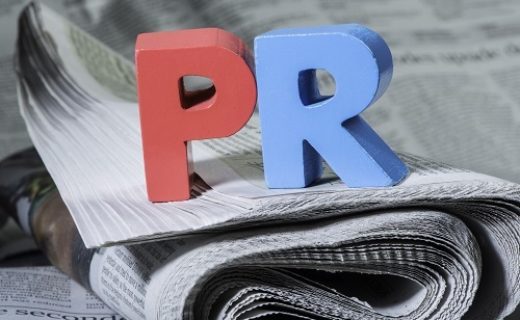Here’s a quick snapshot of counsel we often provide:
1.Create value, not lip service. If you don’t want to donate money to a local or national relief organization following a disaster, make sure the response is authentic to your brand. A good example of positive “branded” responses that created real value for victims vs. empty words was Bright Box and Verizon’s mobile recharging stations following Hurricane Sandy.
2.Grieve in private. Any attempt to publicly comment on a situation that involves the deaths of many by the hand of man is inappropriate for a business. It is certainly entirely appropriate for personal expressions using non-corporate channels, but refrain from connecting your brand. This smacks of exploitation. There are many counterpoints, but my point of view is simple: grieve or otherwise engage privately: that’s decency. Everything else is exploitation.
3.Stay off the soapbox. Unless you work for PETA, Greenpeace or a polarizing corporate leader who couples corporate business with personal politics (hello Steve Wynn and Dan Cathy), stifle the urge to weigh in with an opinion or (as we’ve been asked) a paid ad supporting whatever the hot-button issue is (gun control, animal rights, etc.). If you want to make a statement, put your money where your mouth is, privately, or risk alienating employees and stakeholders who feel differently.




